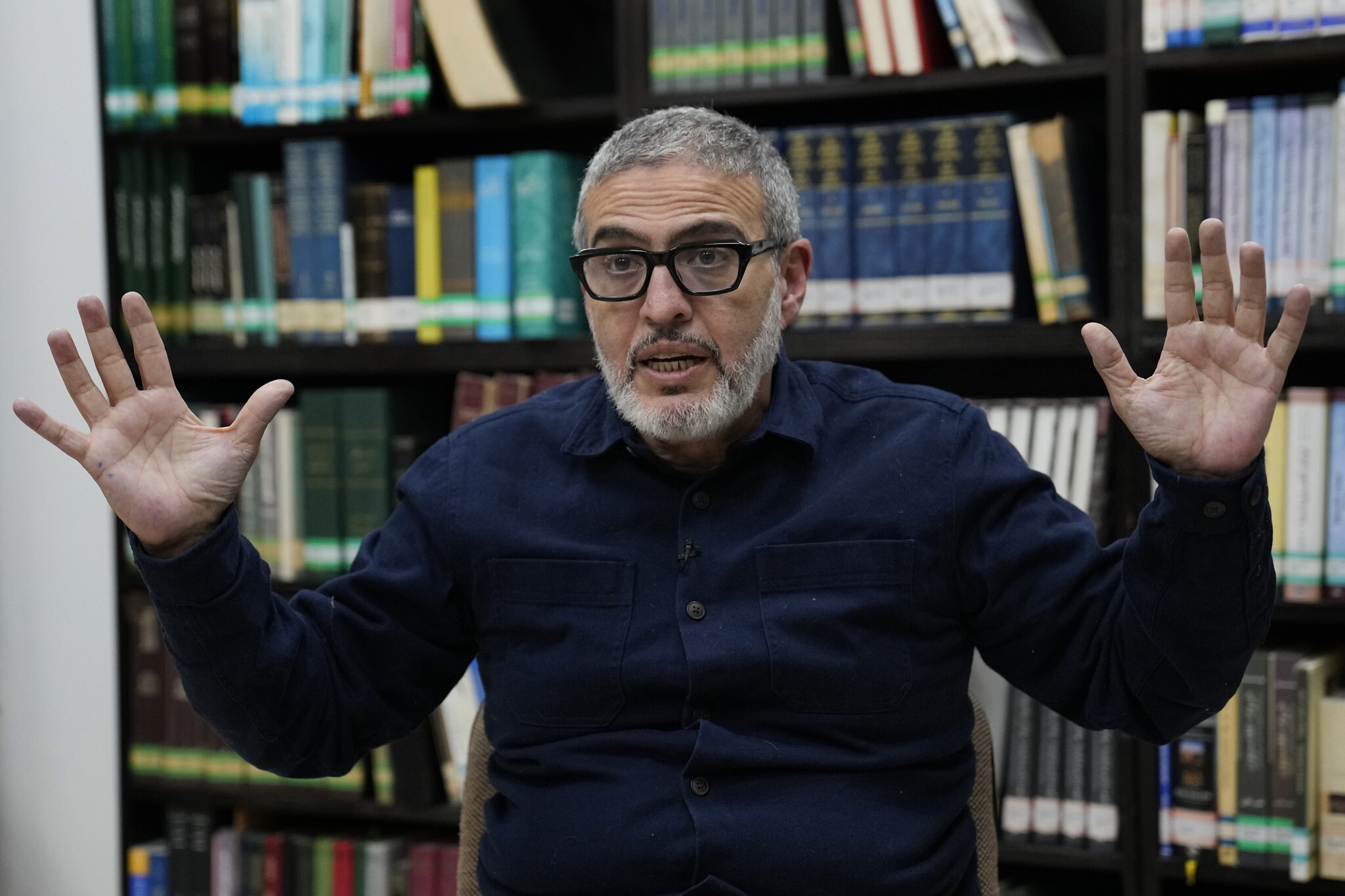



PARIS — A well-known British Palestinian surgeon who volunteered in Gaza hospitals said he was denied entry to France on Saturday to speak at a French Senate meeting about the Israel-Hamas war.
Dr. Ghassan Abu Sitta was placed in a holding zone in the Charles de Gaulle Airport and will be expelled, according to French Sen. Raymonde Poncet-Monge, who had invited him to speak at the Senate.
‘’It’s a disgrace,’’ Poncet-Monge wrote on X.
A French official said that Abu Sitta had been turned away because he is barred from entry to all Schengen Area countries based on a German request. The official, who was not authorized to be publicly named according to government policy, wouldn’t provide details or further information.
Abu Sitta posted on social media that he had been denied entry to France because of a one-year ban by Germany on his entry to Europe. Germany, which together with France is part of Europe’s border-free Schengen Area, had previously denied Abu Sitta entry in April. Abu Sitta posted Saturday that he was being sent back to London.
The French Foreign Ministry, Interior Ministry, local police and the Paris airport authority would not comment on what happened.
Abu Sitta, currently the rector of Scotland’s University of Glasgow, had been invited by France’s left-wing Ecologists Senate faction to speak at a Saturday colloquium about the situation in Gaza, according to the Senate press service. The gathering included testimony from medics, journalists and international legal experts with Gaza-related experience.
In April, Abu Sitta was denied entry to Germany, where he intended to participate in a pro-Palestinian conference. The doctor said he had been stopped at passport control, held for several hours, and then told he had to return to the United Kingdom. He said airport police told him he was refused entry due to “the safety of the people at the conference and public order.”
Abu Sitta, who recently volunteered with Doctors Without Borders in Gaza, has worked during multiple conflicts in the Palestinian territories, beginning in the late 1980s during the First Intifada. He has also worked in other conflict zones, including in Iraq, Syria and Yemen.
France has seen increased tension related to the Israeli-Palestinian conflict since October 7, when thousands of Hamas-led terrorists stormed southern Israel to kill nearly 1,200 people, mainly civilians, and take 252 hostages.
In recent days and weeks, police have cleared out students at French campuses holding demonstrations and sit-ins — similar to those in the United States — in protest of Israel’s military response, which has precipitated a humanitarian catastrophe in the Gaza Strip.
The Hamas-run Gaza health ministry says more than 34,000 people in the Strip have been killed in the fighting so far, a figure that cannot be independently verified and includes some 13,000 Hamas gunmen Israel says it has killed in battle. Most of the population of the Strip has been displaced and the majority are facing food insecurity, with some areas said to be facing conditions of famine.

